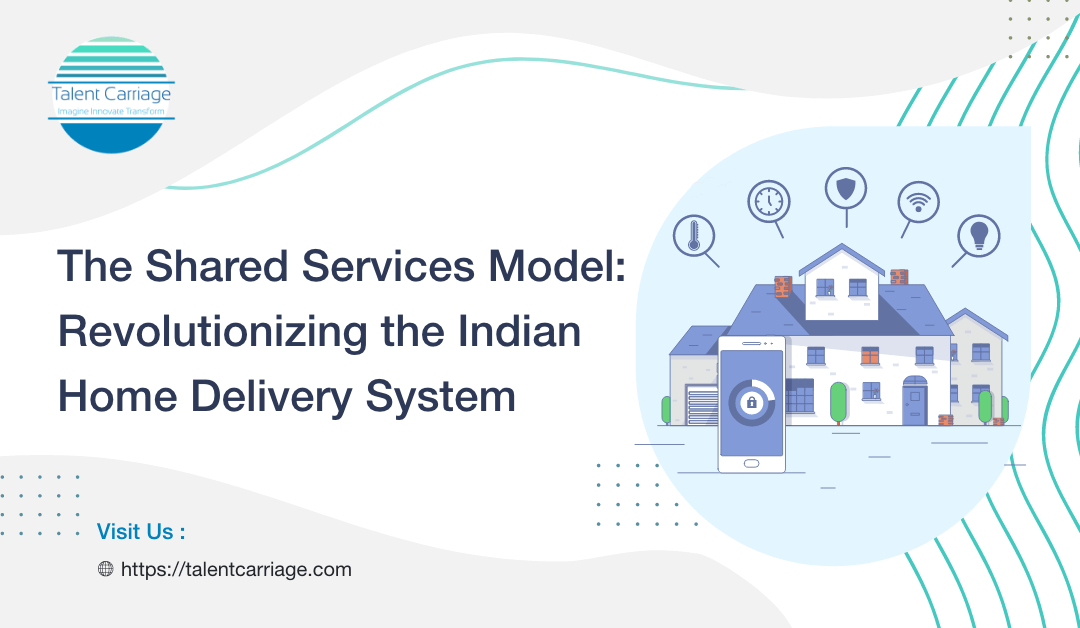The Shared Services Model: Revolutionizing the Indian Home Delivery System
The shared services model has emerged as one of the most influential and impactful business models, transforming companies and enhancing end-user experiences. Its profound impact can be felt throughout our daily lives, even though we may not always recognize it. A prime example of this transformation can be seen in the evolution of the Indian home delivery system.
In the past, households primarily relied on neighborhood mom-and-pop shops, commonly known as “Kirana” stores in India, for their monthly grocery needs. These stores often offered a symbolic discount to customers, and in cases where adhoc purchases were required, households would call the Kirana store and request a timely delivery to meet their immediate cooking needs.
To ensure satisfactory customer service, these Kirana stores typically employed a junior staff member who would serve as both a shop assistant and a delivery person. However, as the demand for home deliveries increased, many Kirana stores found it financially unviable to hire additional staff or maintain timely delivery services, which led to customer dissatisfaction and compromised sales.
Innovatively applying the concept of shared services, e-commerce companies introduced a transformative approach to home deliveries. This approach empowered customers to receive time-bound deliveries anytime they desired, significantly enhancing the end-user experience. These services were seamlessly integrated with in-house technology, enabling end-to-end implementation and user-friendly applications.
By employing trained delivery agents in specific geographic regions, e-commerce companies could cover deliveries for numerous Kirana shops within local neighborhoods. These delivery agents, shared among multiple Kirana stores in their respective areas, proved highly efficient from a cost-benefit perspective. Consequently, kirana stores began to save on employment costs while simultaneously increasing sales through a pay-per-use model. Today, this shared services model has become the predominant business model across urban India, enabling Kirana stores to multiply their sales, reduce overheads, and enhance their end-user experiences.
This successful adoption of the shared services model is not limited to the Indian home delivery system. Leading organizations worldwide have long embraced this approach, and now smaller companies are also recognizing the power of shared services and following suit.
The shared services model has ushered in a new era of efficiency, cost–effectiveness, and improved customer experiences. As businesses continue to leverage this innovative model, we can expect to see even greater transformation and positive impacts across various industries and sectors.
HRSS for your Organisation
No matter what your current organizational size is, our business model guarantees you costs & efficiency gains. We engage with you to understand your people and business needs, and accordingly tailor our integrated solutions for you to realize cost benefits from HRSS.
Visit Talent Carriage for HR Shared Services Company. Email us at info@talentcarriage.com or Call us at +91 9903628732

